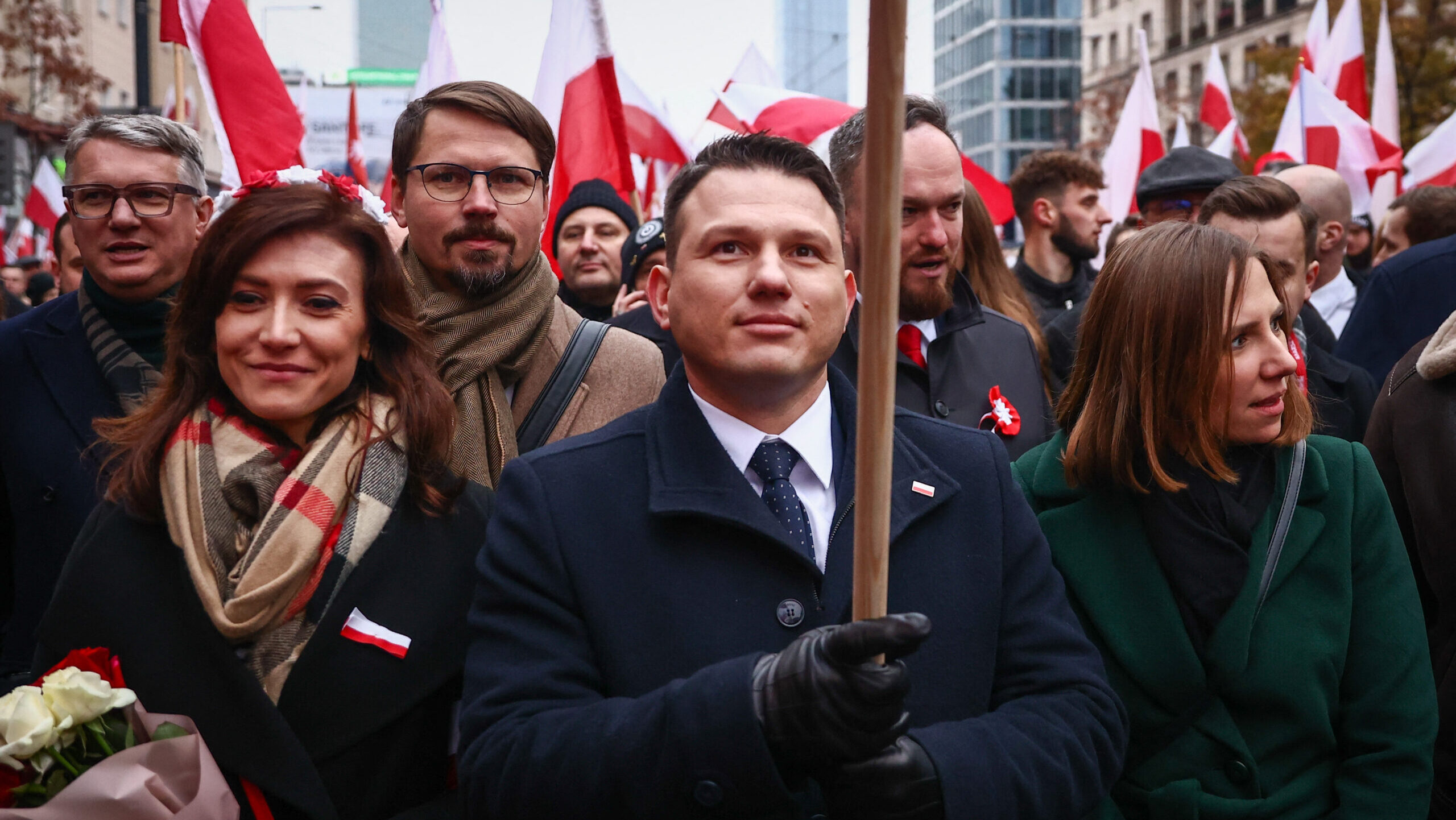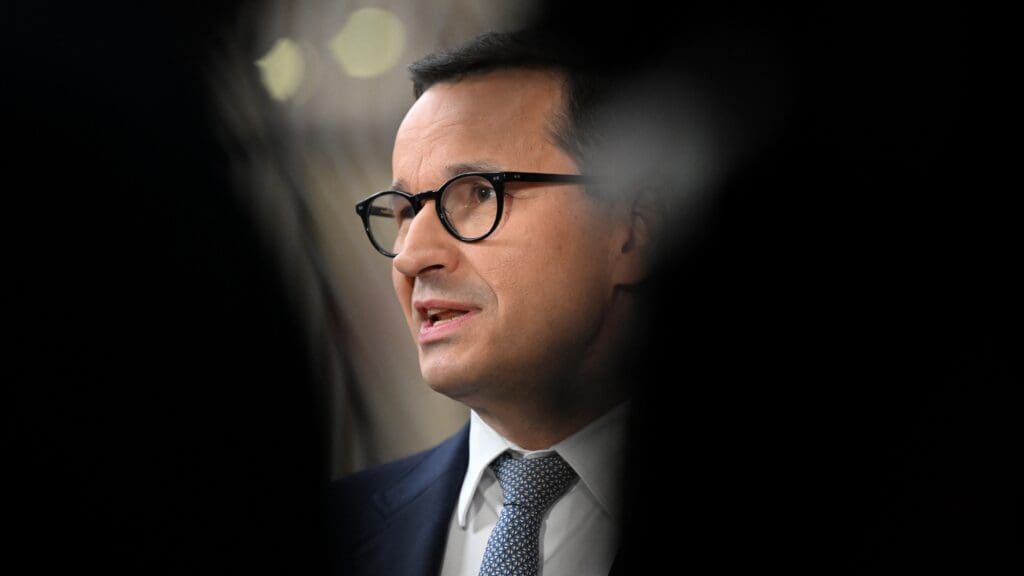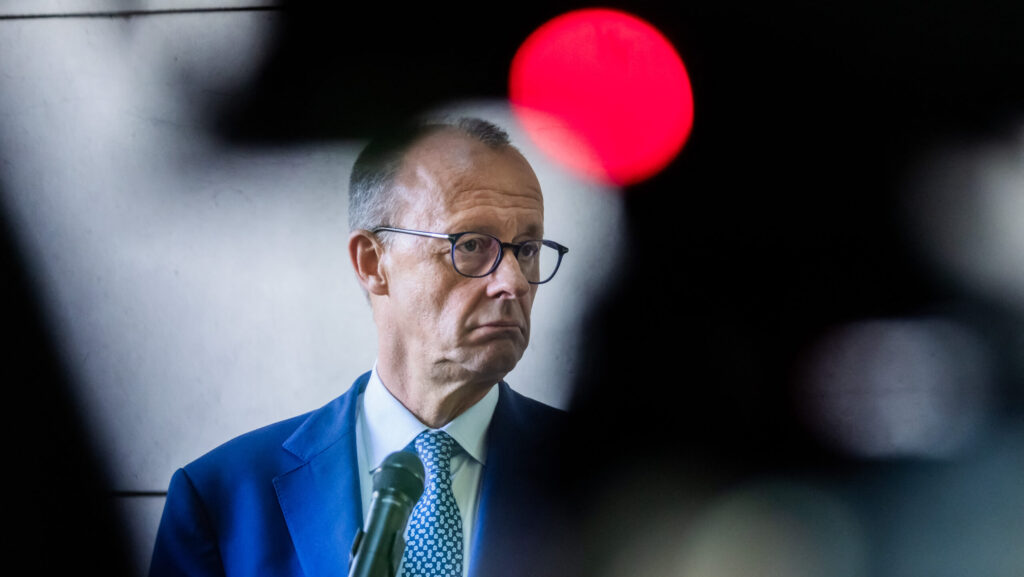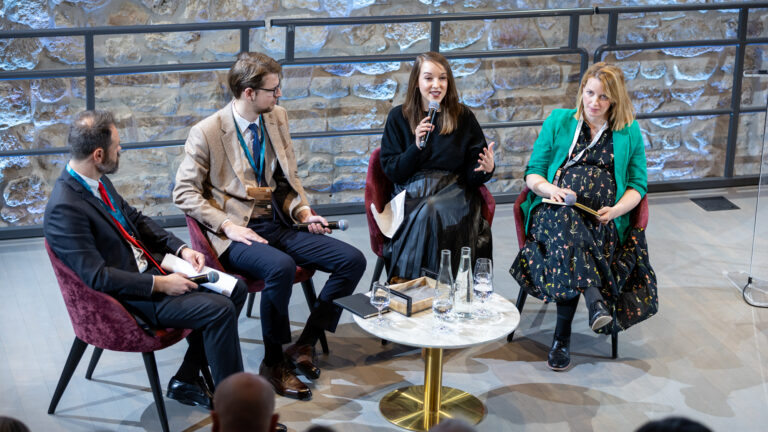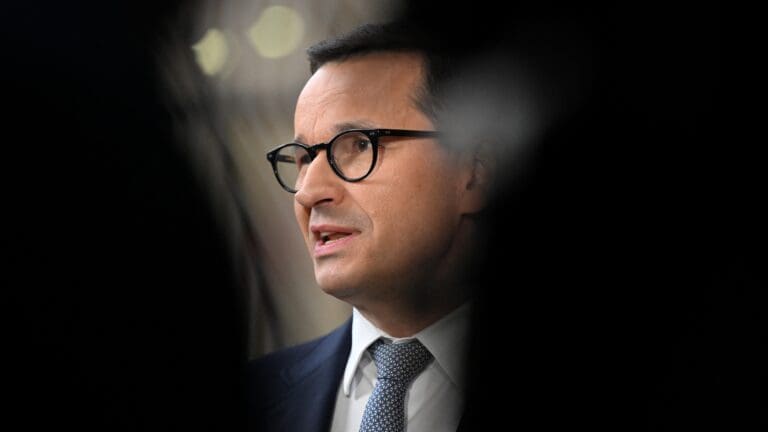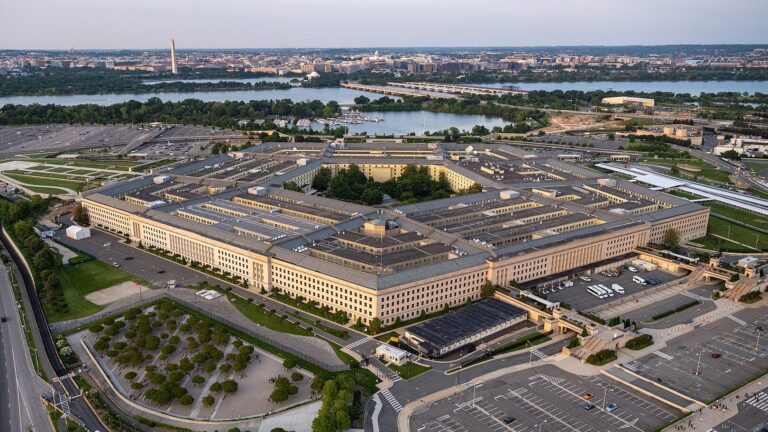Having been one of Kyiv’s staunchest supporters for a long time, Poland now appears to be growing weary of the war that has raged in its neighbourhood for over three years. Warsaw’s economic interests increasingly clash with those of Ukraine on key issues, while public support for the country at war is declining rapidly. With just over a month to go before the presidential election, Konfederacja’s Sławomir Mentzen is steadily gaining ground, promoting a firm anti-war message and frequently criticizing Ukraine’s leadership.
As Kyiv Post recently reported, the Autonomous Trade Measures (ATM) agreement between Ukraine and the European Union is set to expire on 5 June, with several member states, including Poland, Hungary, Slovakia, and Bulgaria, opposing its renewal.
Poland and Hungary Join Forces Once More
The policy, which suspends import duties and quotas on Ukrainian exports to the EU—also known as the ‘free trade regime’—was extended by Brussels for one year from 6 June 2024. Ukrainian officials warn that failure to prolong these measures could result in substantial economic damage, as a return to pre-war trade conditions would affect nearly 10 per cent of Ukraine’s $41 billion export revenue recorded in 2024. According to the Ukrainian Centre for Economic Strategy, Kyiv could lose approximately $3.2 billion if the EU reinstates tariffs.
‘The European Union is our key trade partner, and that’s why it would be really damaging for us if we found ourselves in a situation which we had before the full-scale war,’ Kyiv Post quoted Ukrainian Finance Minister Serhiy Marchenko.
As in 2024, Poland is again opposing the extension this year. The approaching presidential election could further entrench this stance, as no political force appears willing to prolong the agreement before the vote—and there will be little time left for negotiations afterwards.
Falling Out of Love
Such a position is not surprising. Two years ago, Poland was among four member states that imposed unilateral bans on Ukrainian grain and other food imports, defying EU trade rules. European agriculture—and Poland’s vast, politically influential farming sector—suffers when Ukrainian goods flood the market. That imbalance was a major trigger for the farmer protests that swept through the EU in 2023 and early 2024.
In Poland, however, the protests never truly subsided. The most recent large-scale demonstration occurred in January 2025, coinciding with the start of Poland’s EU Council Presidency. Farmers gathered in Warsaw to protest against Ukrainian imports and other issues, including what they called the ‘extinction of the Polish economy’.
But the farmers are not alone. They have become the face of a broader disillusionment with Ukraine. ‘Angry farmers push Poland away from Ukraine,’ read a POLITICO headline from February 2025. The progressive outlet noted that the protests have created a significant political dynamic in a country once viewed as Ukraine’s most resolute ally against the common enemy: Russia.
This shift in sentiment is also reflected in public opinion surveys. A poll conducted by the Mieroszewski Centre between November and December 2024 found that only 25 per cent of respondents viewed Ukrainians positively, while 30 per cent expressed a negative view. More than half believed that the level of assistance provided to Ukrainian refugees was too high. A February 2025 survey revealed that 57 per cent of Poles think Ukraine should seek a peace settlement with Russia as soon as possible, even if it involves territorial concessions. Meanwhile, over 80 per cent supported the farmer protests at their peak.
The Face of Disillusionment: Sławomir Mentzen
With the presidential election scheduled for May, the vote could prove a turning point in Poland’s relations with Ukraine. Sławomir Mentzen’s rise in the polls shows no sign of slowing. The right-wing Konfederacja candidate—whose party’s MEPs are members of the Viktor Orbán-co-founded Patriots for Europe group—is polling at around 20 per cent, just a few points behind Law and Justice (PiS) candidate Karol Nawrocki. One survey by SW Research even placed Mentzen in second place behind Donald Tusk’s candidate, Warsaw Mayor Rafał Trzaskowski.
Even more striking is that over 49 per cent of Poles believe Konfederacja’s candidate has a realistic chance of reaching the second round—an outcome that would have been unthinkable just months ago. Among his party’s supporters, 84 per cent express confidence in his chances. Notably, 50.3 per cent of PiS voters also consider his advancement plausible. One poll even indicated that Mentzen’s campaign is seen as the most convincing of all presidential contenders, outperforming both Trzaskowski and Nawrocki.
Mentzen’s platform centres on national sovereignty, economic freedom, and the protection of traditional values. He calls for limiting the EU’s powers, adopting directives only to the extent strictly necessary to avoid additional burdens on citizens. He also opposes the Green Deal, advocates lower taxes, stricter border controls, and increased domestic defence production.
More importantly, Mentzen is firmly against deploying Polish troops in Ukraine for peacekeeping purposes. He advocates for negotiations to end the war and a revision of Warsaw’s military and financial support for Kyiv. In this respect, Mentzen emphasizes an approach similar to that of US President Donald Trump: tying support to terms that serve Poland’s national interest.
‘Mentzen emphasizes an approach similar to that of US President Donald Trump: tying support to terms that serve Poland’s national interest’
Due to his position on Ukraine, Mentzen has drawn fire from Ukrainian politicians. He has had several fiery public exchanges in recent months, most notably with Lviv Mayor Andriy Sadovyi. After visiting the western Ukrainian city in February, Mentzen published a video near a monument to Stepan Bandera, calling the late Ukrainian far-right militant a ‘terrorist’ and accusing Ukraine of ‘worshipping criminals’.
Bandera organized the 1934 assassination of Polish Interior Minister Bronisław Pieracki and led the radical faction of the Organization of Ukrainian Nationalists, which carried out massacres of Polish civilians between 1943 and 1945, with an estimated 120,000 victims. Bandera’s legacy remains one of the most contentious issues in Polish–Ukrainian relations, as the Ukrainian leadership continues to promote his image through school curricula and the renaming of streets and public institutions. Mentzen’s remarks sparked strong backlash, with Sadovyi calling him a ‘pro-Russian politician with a Polish passport’.
‘Bandera’s legacy remains one of the most contentious issues in Polish–Ukrainian relations’
Mentzen’s rising popularity signals ‘a growing acceptance of anti-Ukraine sentiments in Poland,’ Kyiv Independent acknowledged. Other political parties are also beginning to shift away from unconditional support. Even some members of the current government have voiced criticism of Kyiv in the past months. Meanwhile, PiS is adjusting its own Ukraine policy, closely observing Mentzen’s momentum. Nawrocki recently stated that he does not see Ukraine joining NATO or the EU.
All signs suggest that this public shift is unlikely to be reversed, regardless of who wins the upcoming election. The question now is not whether, but how quickly, the paths of Warsaw and Kyiv will diverge.
Related articles:

